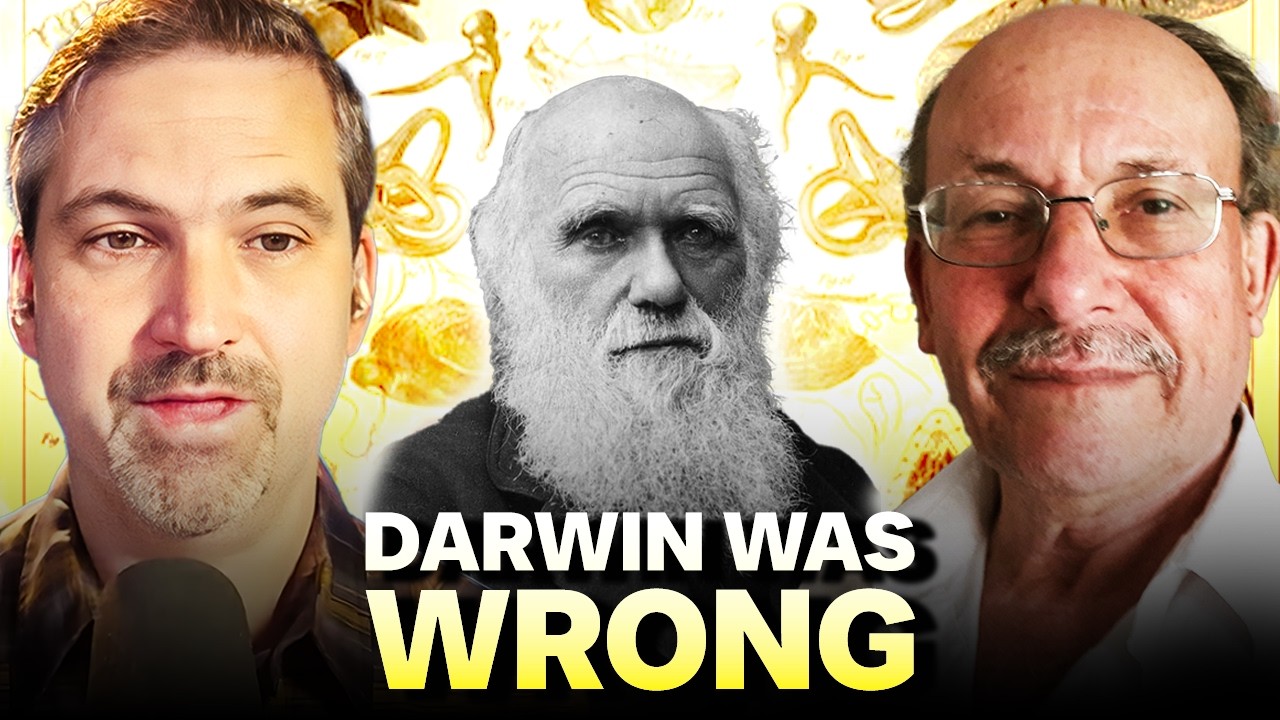Neil Thomas: “This Darwinism Business, It’s Rubbish, Isn’t It?”
For decades, British professor and author Neil Thomas was a card-carrying Darwinist. It wasn’t until after he retired from academia that he had the repose to think about things objectively. Then one day, in a scientific flash of inspiration, he came to the conclusion that the standard Darwinian story was “rubbish.” In the second half of a conversation with Andrew McDiarmid, Thomas continues to explain why Darwinism fails as an adequate explanation for the history of life as he discusses his new book False Messiah: Darwinism As the God That Failed. Over two episodes, Thomas reveals the conceptual flaws and historical roots of the theory, the responses of major early dissenters of the theory, and how modern science is undermining the Enlightenment worldview upon which Darwinism relies.
In Part 2, Thomas explores why Charles Darwin waited until 1859 to publish On the Origin of Species. Thomas notes that the timing was providential, suggesting Darwin “got lucky.” Published earlier, the reception would not have been as favorable. Publishing when he did allowed Darwin to take advantage of a process of secularization in Europe that was already a century old and accelerating, placing him on the cusp of a new mental paradigm. Thomas explains that Darwin’s theory did not cause the Victorian crisis of faith but rather confirmed the skepticism of intellectuals who had already formed anti-theistic attitudes.
This segment also delves into significant Victorian-era figures who challenged Darwinism. Bishop Samuel Wilberforce, for example, issued a lengthy critique based on scientific, rational, and philosophical grounds, rather than theology. He argued that Darwin’s theory did not stack up logically. Another powerful early rebuttal came from Alfred Russel Wallace, the co-discoverer of natural selection, who ultimately rejected the idea that natural selection could explain the unique faculties of the human mind. His internal sense of logic led him to conclude that human beings were far too complex to be the result of an unguided process such as natural selection. Thomas also notes that English Romantic poet William Wordsworth provided a philosophical barrier against reductionist views of life like those of Darwin. Wordsworth’s spiritually charged view stood in opposition to Darwin’s grim “survival of the fittest” vision of nature:
And I have felt
A presence that disturbs me with the joy
Of elevated thoughts; a sense sublime
Of something far more deeply interfused,
Whose dwelling is the light of setting suns,
And the round ocean and the living air,
And the blue sky, and in the mind of man:
A motion and a spirit, that impels
All thinking things, all objects of all thought,
And rolls through all things.
The interview closes by reviewing some of the stunning modern scientific discoveries that are eclipsing the 19th century science on which Darwin’s theory is based.
This is Part 2 of a two-part interview. Listen to Part 1.
Dig Deeper
- Get your copy of Neil Thomas’s new book False Messiah!
- Learn more about Thomas’s departure from Darwinism in his previous book Taking Leave of Darwin.
